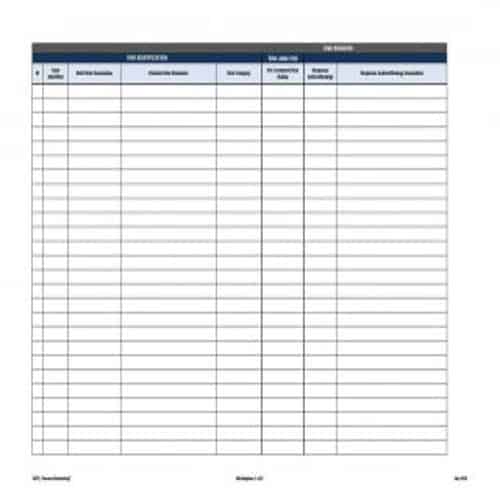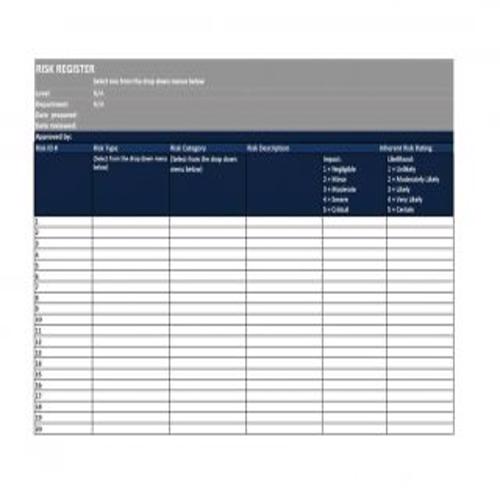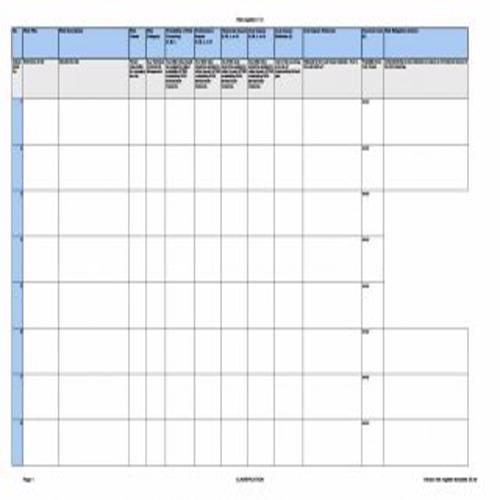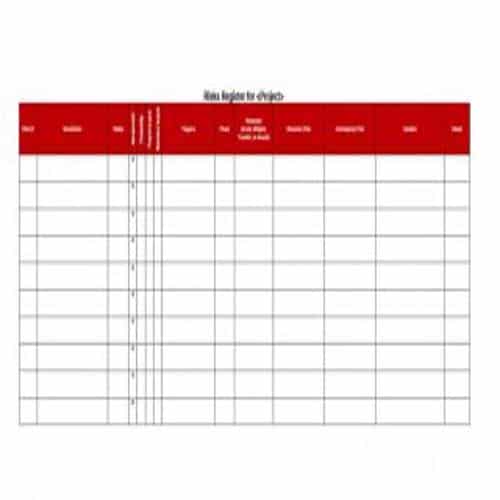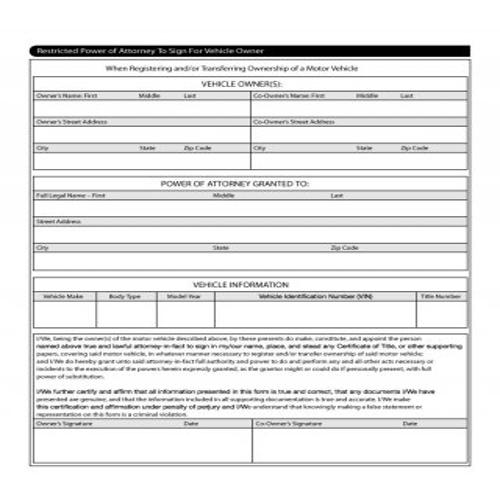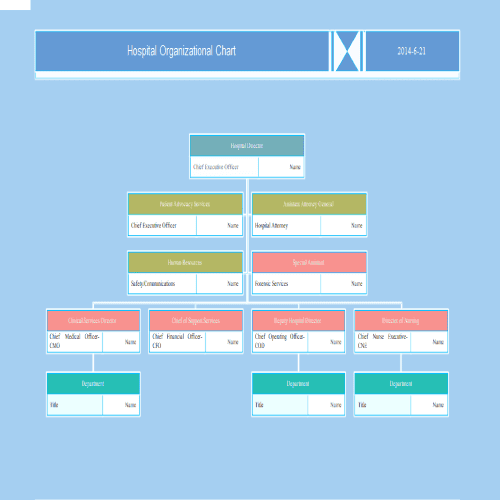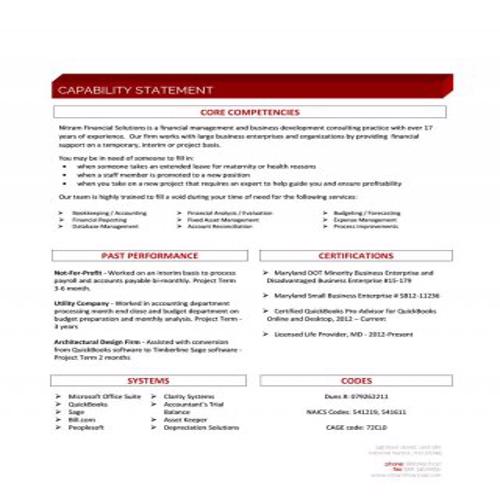A risk register template is a company document that is used to document or record the identified risks and the actions to manage each risk. The potential risks or threats are identified, logged on the register and then the actions to minimize those risks are devised.It is particularly used in risk management and project management.
Every project or task comes with risks and it is almost impossible to completely eliminate those risks or threats. However, with timely identification of such risks and proper planning, these threats can be minimized to a great level. So, instead of creating a separate risk register every time, companies often use a specific risk register template for this purpose.
Here, some of the best quality risk register templates are provided for you that you can easily download and edit to use for your own purpose. Right now we have 35+ templates but we will add more in the future.
Useful Risk Register Templates
Risk Register Format Template
Detailed Risk Register Template
Company’s Risk Register Template
Specific Risk Register Template
Official Risk Register Template
Catchy Risk Register Template
Risk Management Register Template
Analytical Risk Register Template
Construction Risk Register Template
Important Risk Register Template
Typical Risk Register Template
Daily Risk Register Template
New Risk Register Template
Basic Elements of a Risk Register Template
Following are some of the very basic and common elements of a risk register template.
1. Identification:
Each and every potential risk or threat must be properly identified. Where possible, each risk must be identified numerically.
2.Risk Explanation:
Each and every potential risk, threat or issue must be properly analyzed, explained and addressed in a risk register template.
3. Triggers of Risk:
A risk register template should also include the reasons that cause such risks to occur.
4. Chance of Risk:
The likelihood, possibility or the probability of a risk must be properly assessed. It is often represented as a percentage i.e, it is 50% probable that a certain risk will occur or not.
5. Effect of Risk:
In a risk register template, the impact or effect of each individual risk must be properly stated. Such impact must be mentioned as high, medium or low for a certain risk.
6. Risk Score:
Wherever applicable, a score must be awarded to each risk on the basis of numerical rating system i.e, by multiplying probability and impact.
7. Person Accountable:
Risk register template should clearly indicate the person that is accountable for the risk management.
8. Steps for Mitigation:
The steps or solutions that are devised in order to mitigate the identified risks or threats must be clearly stated in the risk register template.
9. Remaining Risk:
After a certain risk is dealt with, the remaining risk, if any, must be explained.
10. Accepted Probability:
After a risk is reduced to a certain level, the probability of the residual risk is often termed as ‘accepted probability’. This probability indicates that a certain level of risk is acceptable.
11. Accepted Impact:
The impact or effect of a certain risk that is acceptable, after it has been dealt with.
Effective Risk Register Templates
Special Risk Register Template
Formal Risk Register Template
Simple Risk Register Template
Unique Risk Register Template
Blank Risk Register Template
Explicit Risk Register Template
Elemental Risk Register Template
Assignment’s Risk Register Template
Event’s Risk Register Template
Ideal Risk Register Template
Exclusive Risk Register Template
University’s Risk Register Template
Benefits of a Risk Register Template
Some of the common benefits of a risk register template are given below:
- It helps to achieve consistency in the operations or projects of an entity.
- It is a tool that is used to record or document the potential risks and prepare for them.
- A risk register template provides a straight-forward framework that is easy to understand and manage, and helps to achieve a certain level of quality.
- It enables you to assign proper individuals or teams in order to deal with the potential risks that may occur.
- With the help of a standard risk register template, all the potential issues can be easily seen at a glance to get the overall picture of the current situation.
- Breaking down the complex data into compact and useful information helps avoid any confusions and misunderstandings.
- A risk register template forces you to include the information in a concise manner. It includes the information that actually needs to be included, which means no irrelevant information.
- Risk register allows everyone to contribute in identifying and managing potential risks. It is not just the job of a manager or a leader to identify and manage potential threats.
- Even if no risk occurs at all, a risk register template can still be used in any future projects.
